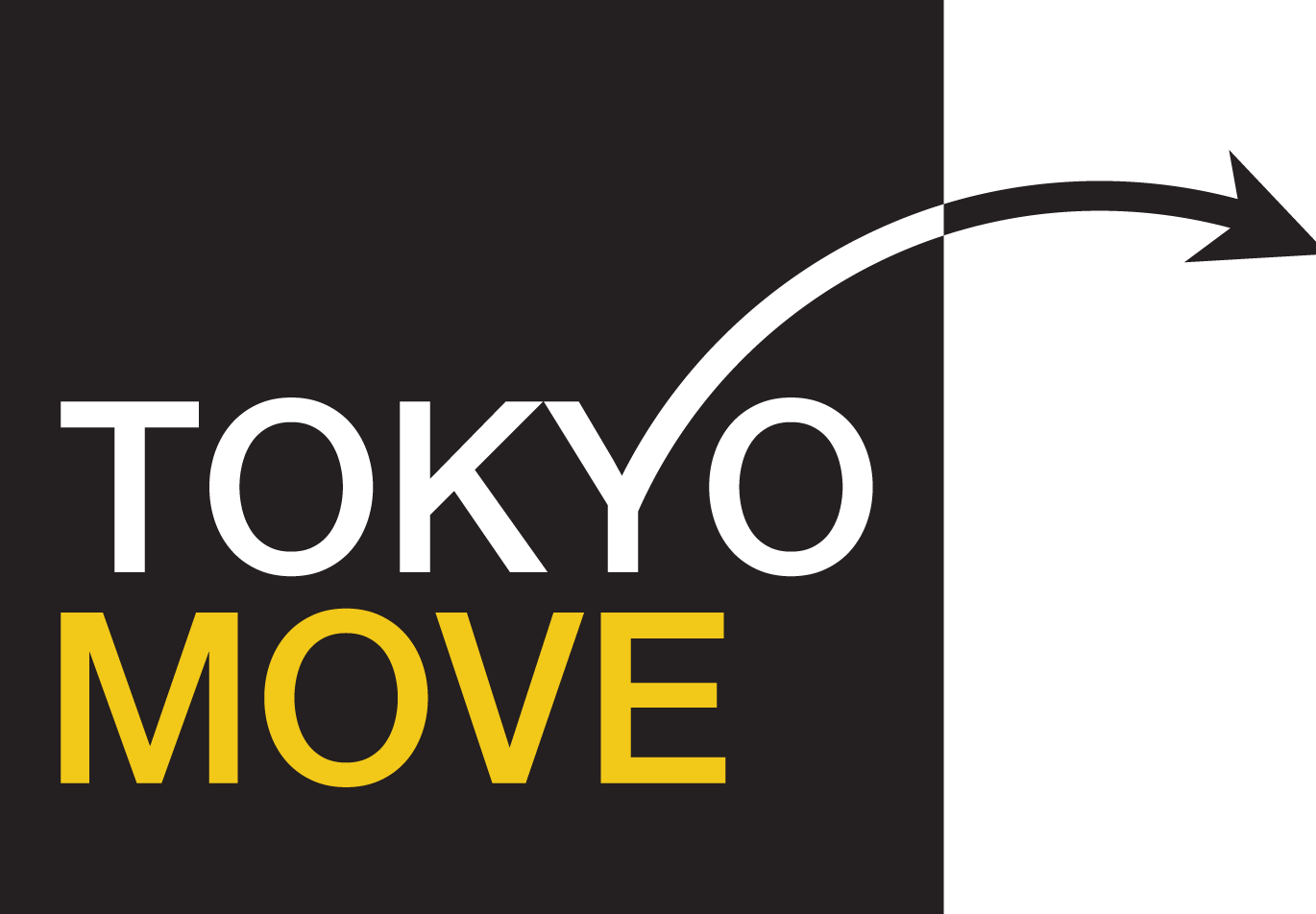TokyoMove: Your Trusted Partner for Waste Disposal in Tokyo
TokyoMove: Your Trusted Partner for Waste Disposal in Tokyo
Navigating Tokyo's waste disposal system can be challenging, especially for newcomers. Proper separation and disposal are crucial to ensure efficient collection and recycling. Here's a comprehensive guide to help you manage your waste responsibly in Tokyo.
1. Burnable Garbage (燃えるごみ / 可燃ごみ, moeru-gomi / kanen-gomi)
Includes: Kitchen waste, tissues, scrap paper, rubber products, leather items, CDs, videotapes, clothing, disposable diapers, cooking oil, and unclean plastic containers.
Disposal Method: Place items in clear plastic bags and set them out on the designated collection day morning.
2. Non-Burnable Garbage (燃えないゴミ / 不燃ごみ, moenai-gomi / hunen-gomi)
Includes: Glass (excluding bottles and jars), metals, ceramics, spray cans, gas canisters, lighters, small electronics, and fluorescent light bulbs.
Disposal Method: Place items in clear plastic bags, label them with their contents, and set them out on the designated collection day morning.
3. Plastic Garbage (プラスチック, purasuchikku)
Includes: Cleaned plastic food containers, Styrofoam, plastic bags, sheeting, hangers, toothbrushes, and straws.
Disposal Method: Place cleaned items in clear plastic bags and set them out on the designated collection day morning.
4. Food and Drink Recyclables (ペットボトル・ビン・カン, pet bottles, glass bottles, cans)
Includes: Plastic (PET) bottles, food and drink cans, glass bottles, and jars.
Preparation: Remove caps, lids, and labels; dispose of these separately according to their material category.
Disposal Method: Use specialized containers placed on streets the day before collection—blue net bags for plastic bottles, yellow crates for glass containers, and blue crates for cans.
5. Paper and Cardboard (新聞・雑誌・段ボール, shinbun, zasshi, danbōru)
Includes: Newspapers, magazines, paper, and cardboard (including clean cardboard food and drink cartons).
Disposal Method: Sort by type, bind with string, and place them at designated collection points.
6. Bulky Refuse (粗大ごみ, sodai-gomi)
Includes: Furniture, large bedding, medium and large appliances (excluding refrigerators, washing machines, computers, TVs, and air conditioners), bicycles, etc.
Disposal Method: Requires a special pickup request through local ward offices or private companies like TokyoMove.
Special Items Disposal
Home Appliances: Items such as air conditioners, TVs, refrigerators, freezers, washing machines, and clothes dryers fall under the Home Appliance Recycling Law. Disposal requires contacting the retailer where the item was purchased or arranging pickup through services like the Waste Electric Appliances Collection Service Center at 03-5296-7200.
Computers: Manufacturers are responsible for disposal. Contact the manufacturer or utilize specialized recycling services.
Important Considerations
Collection Schedules: Schedules vary by ward. Consult your local ward office or community bulletin for specific days and times.
Designated Bags: Some areas require specific garbage bags, available for purchase at convenience stores. Check local regulations to ensure compliance.
Missed Collections: If you miss a collection, retrieve your garbage and wait for the next designated day to avoid community issues.
TokyoMove: Your Reliable Waste Disposal Partner
Understanding and adhering to Tokyo's waste disposal rules can be daunting. TokyoMove specializes in providing fast, reliable, and eco-friendly waste disposal services, ensuring compliance with local regulations. Our services include:
Regular Garbage Collection: Ideal for residents needing additional pickups outside the city's schedule.
Specialized Bulk Disposal: Handling oversized items, electronics, and construction waste.
Eco-Friendly Recycling: Segregating waste to ensure minimal environmental impact.
Let TokyoMove handle your waste disposal needs, so you can focus on settling into your new home. Contact us today to learn more about our services and how we can assist you.
By following these guidelines and utilizing professional services like TokyoMove, you can contribute to a cleaner, more sustainable Tokyo.

